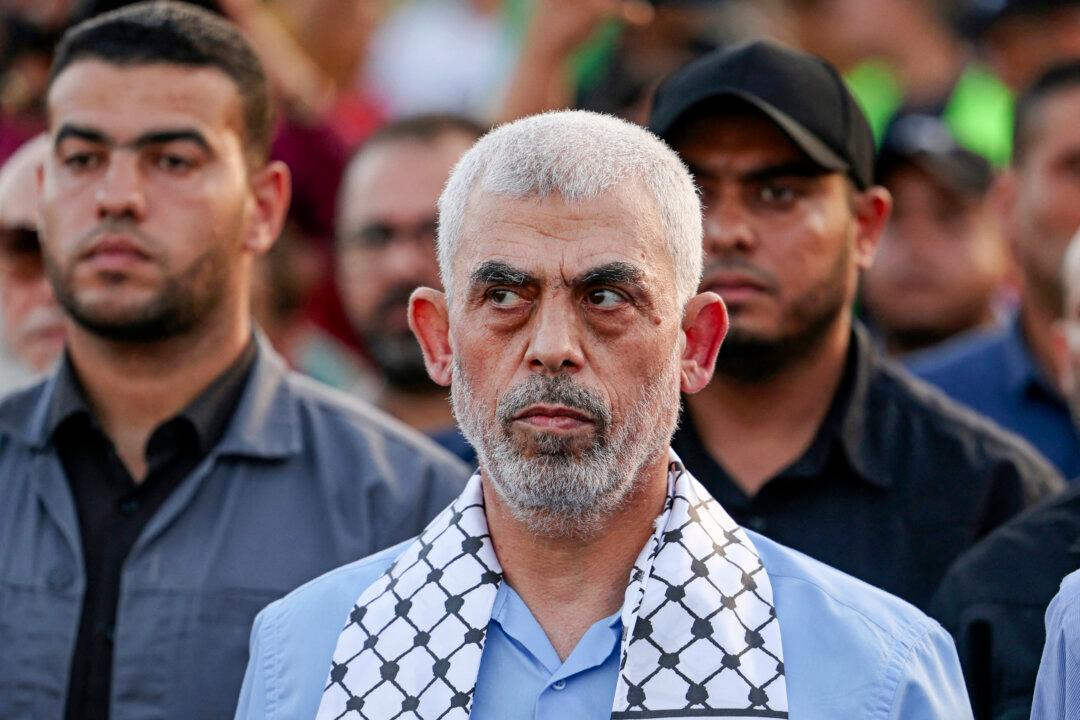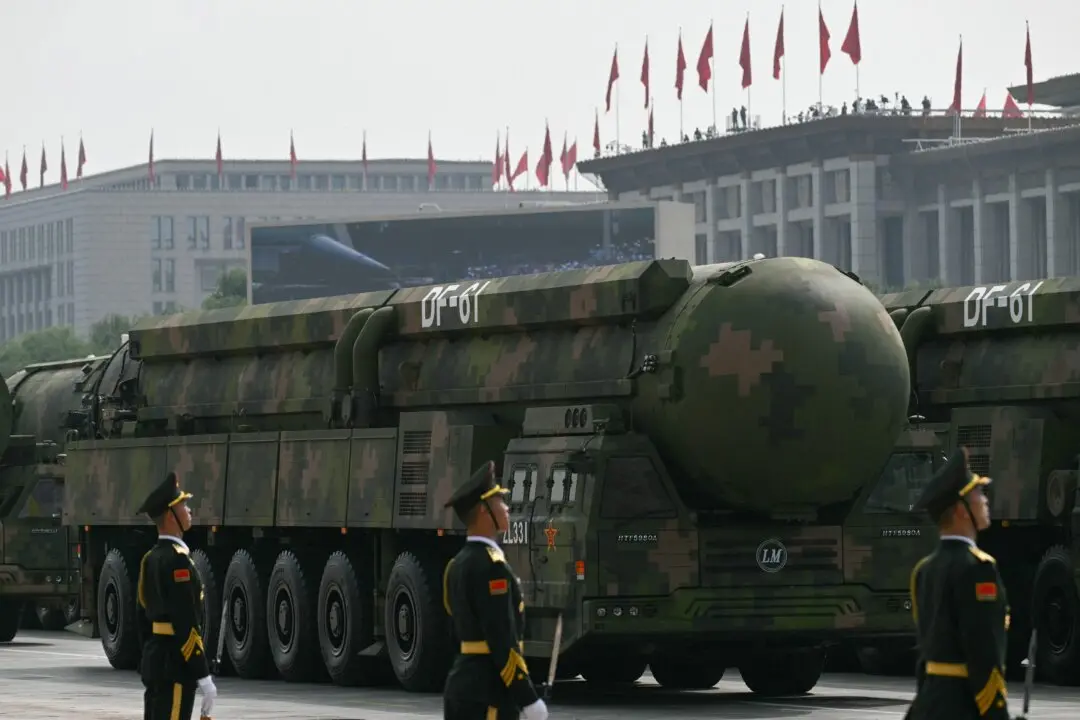The U.S. Department of Justice announced multiple criminal charges against Hamas leader Yahya Sinwar and five other living and deceased senior Hamas officials on Sept. 3 for alleged terrorist activity from the 1990s to the present day.
The seven-count complaint, unsealed in a federal court in New York City on Tuesday, charges Sinwar alongside Ismail Haniyeh, Mohammad Al-Masri, Marwan Issa, Khaled Meshaal, and Ali Baraka.





